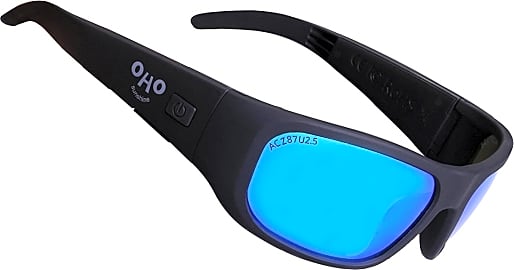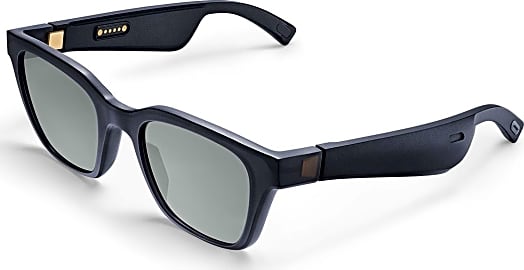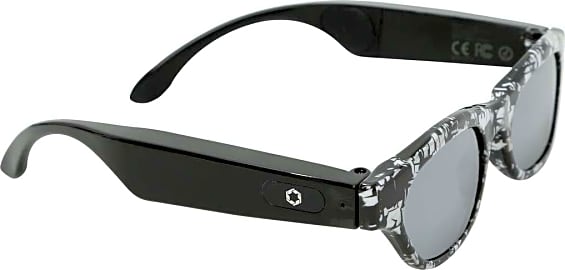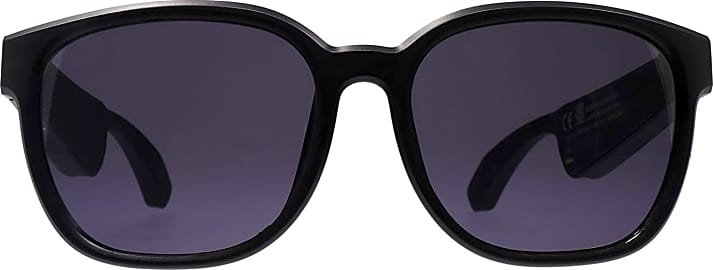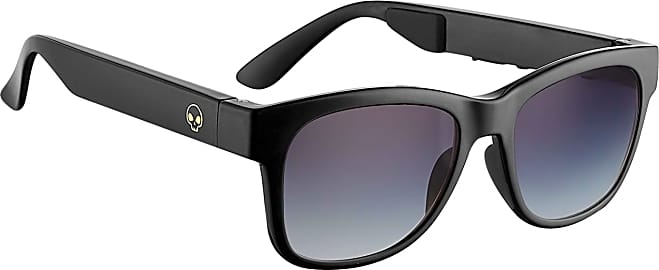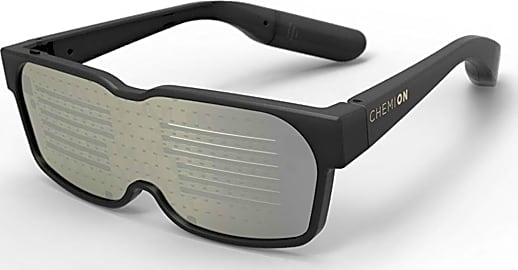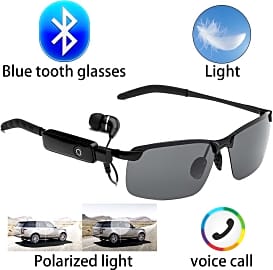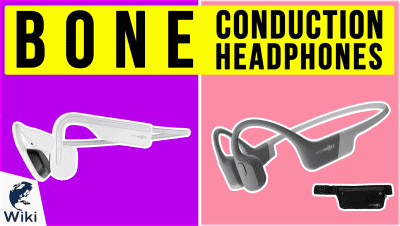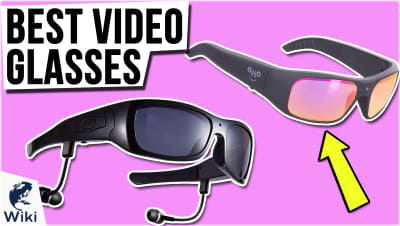The 10 Best Bluetooth Sunglasses

This wiki has been updated 26 times since it was first published in October of 2017. If you spend a lot of time outdoors while using your phone, then these Bluetooth sunglasses were made just for you. They combine the two technologies effectively, allowing you to protect your eyes and enjoy your tunes in one small and efficient package. We've included those that use open air speakers, bone conduction technology, and earbuds so there would be one to suit every need. When users buy our independently chosen editorial picks, we may earn commissions to help fund the Wiki.
Editor's Notes
October 25, 2020:
To avoid disappointment when buying Bluetooth sunglasses, it is important to have realistic expectations. If you are looking for premium audio quality and deep, rich bass, you are better off with a pair of headphones or, at the very least, earbuds since no pair of Bluetooth sunglasses is going to provide that, at least not yet. Perhaps as technology improves we may one day get there.
That being said, the shades on this list can certainly provide a reasonably enjoyable music-listening experience, with some doing a better job than others. Bose has long been known for producing impressive sound from small speakers, so if you are looking for the best audio quality in Bluetooth sunglasses, we recommend choosing either the Bose Tenor or Bose Frames. The former are slightly more expensive but come equipped with polarized lenses. However, the latter do block 99% of UVA/UVB rays, so either should keep your eyes well protected.
If you want to listen to your music discreetly, a pair that utilize bone conduction technology, such as the Lucyd Loud and Horizon VocalSkull Alien 5, are going to be the best choice. Unlike those with open-air speakers, these covert sound waves into vibrations and transmit them directly to the inner ear, which means they shouldn't be audible to anyone else.
The Solos Smart and Chemion 100A probably deviate furthest from what the average person is looking for when considering a pair of Bluetooth sunglasses. The former are designed to help athletes improve their training by projecting a virtual screen that allows them to keep track of workout information, like distance traveled, route navigation, and more, and even provide guided coaching prompts. The latter don't have any speakers at all, and, instead, are a fun party prop that can programmed to display a message on their lenses using built-in LEDs.
October 04, 2019:
Bluetooth sunglasses are a relatively new and niche product, and they definitely have their uses. Many, including the Bose, Lucyd, and Oho Sunshine, operate using external speakers rather than earbuds. So far, the Bose have managed to squeeze the best sound quality out of such ear speakers. The Horizon claim to use bone conduction, eliminating the need for external speakers, but they may or may not fit most users, and if they don't fit, they won't conduct the sound properly.
Several others, including the Senluo, Forest Fish, and Nextwood, use actual earbuds; the first two are stereo and the last one has a one-sided monaural output. These don't provide wearers with the same awareness of their surroundings as the open-ear models, but they do offer significantly more rich low-end. Some even utilize video cameras, recording data onto a microSD card. If you're looking for something a little different, the Solos promise innovation but are mostly geared towards use while exercising -- plus they cost a lot -- while the Chemion are fantastic party goggles, although they don't record video or play audio.



